Visto GRATUITO a vita. Risparmia 900 €*
Ultimi articoli
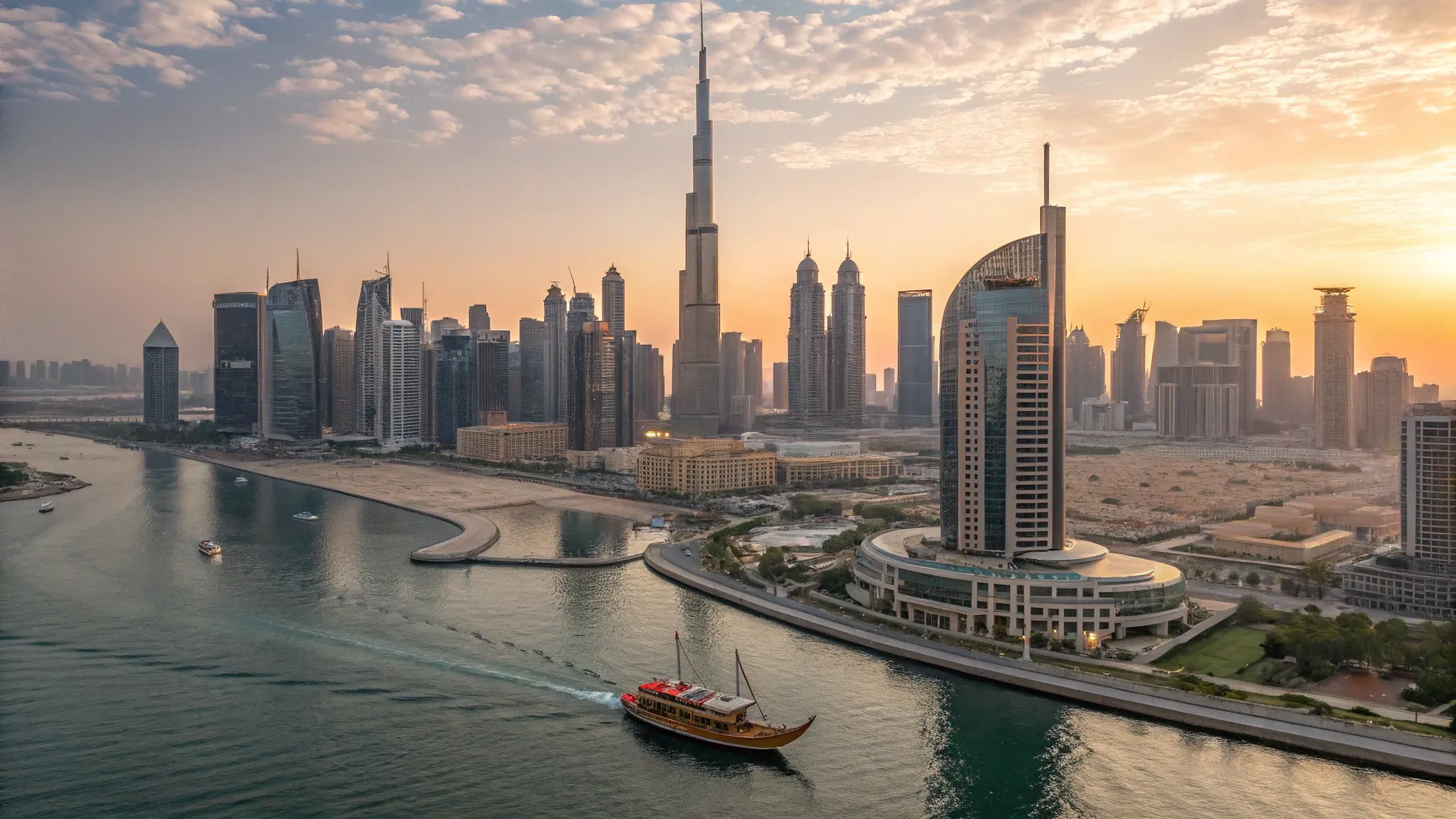
Jan 11, 2026
Trasferirsi a Dubai dalla Spagna: La Guida Definitiva 2026
By Kasia

Jan 11, 2026
Trasferirsi a Dubai dall'Australia: La Guida Definitiva 2026
By Kasia
![Moving to Dubai from the US: Your Complete Guide [2025]](https://media.justmovedubai.com/Moving to Dubai from the US Your Complete Guide [2025].webp)
Jan 11, 2026
Trasferirsi a Dubai dagli Stati Uniti: La Tua Guida Completa [2026]
By Kasia

Jan 11, 2026
Come Avviare un'Attività di Dropshipping negli Emirati Arabi Uniti: La Guida Definitiva per il 2026
By Kasia

Jan 11, 2026
Come Aprire un Conto Bancario a Dubai: Una Guida Completa
By Kasia

Jan 11, 2026
La Guida Definitiva alle Delibere del Consiglio: Dalle Basi alla Padronanza
By Kasia

Jan 11, 2026
Guida UAE Pass 2026: Il Manuale Definitivo sull'Identità Digitale
By Kasia
![How to Keep Your UAE Residence Visa Active: A Complete Guide [2025]](https://media.justmovedubai.com/How to Keep Your UAE Residence Visa Active A Complete Guide [2025].webp)
Jan 11, 2026
Come Mantenere Attivo il Visto di Residenza negli EAU: Guida Completa 2026
By Kasia
![Moving to Dubai from Russia: The Ultimate Expat Guide [2025]](https://media.justmovedubai.com/Moving to Dubai from Russia The Ultimate Expat Guide [2025].webp)
Jan 11, 2026
Trasferirsi a Dubai dalla Russia: La Guida Definitiva per Esploratori [2026]
By Kasia

Jan 11, 2026
Trasferirsi a Dubai dall'Italia: La Guida Definitiva per una Transizione Senza Problemi
By Kasia

Jan 11, 2026
Trasferirsi a Dubai dalla Germania: La Guida Definitiva 2026
By Kasia

Jan 11, 2026
La Guida Definitiva: Trasferirsi a Dubai dalla Polonia nel 2026
By Kasia

Jan 11, 2026
Trasferirsi a Dubai dal Canada: La Guida Definitiva per il 2026
By Kasia

Jan 11, 2026
La Guida Definitiva: Trasferirsi a Dubai dal Regno Unito nel 2026
By Kasia

Jan 11, 2026
Trasferirsi a Dubai dalla Francia: La Guida Definitiva per i Cittadini Francesi
By Kasia
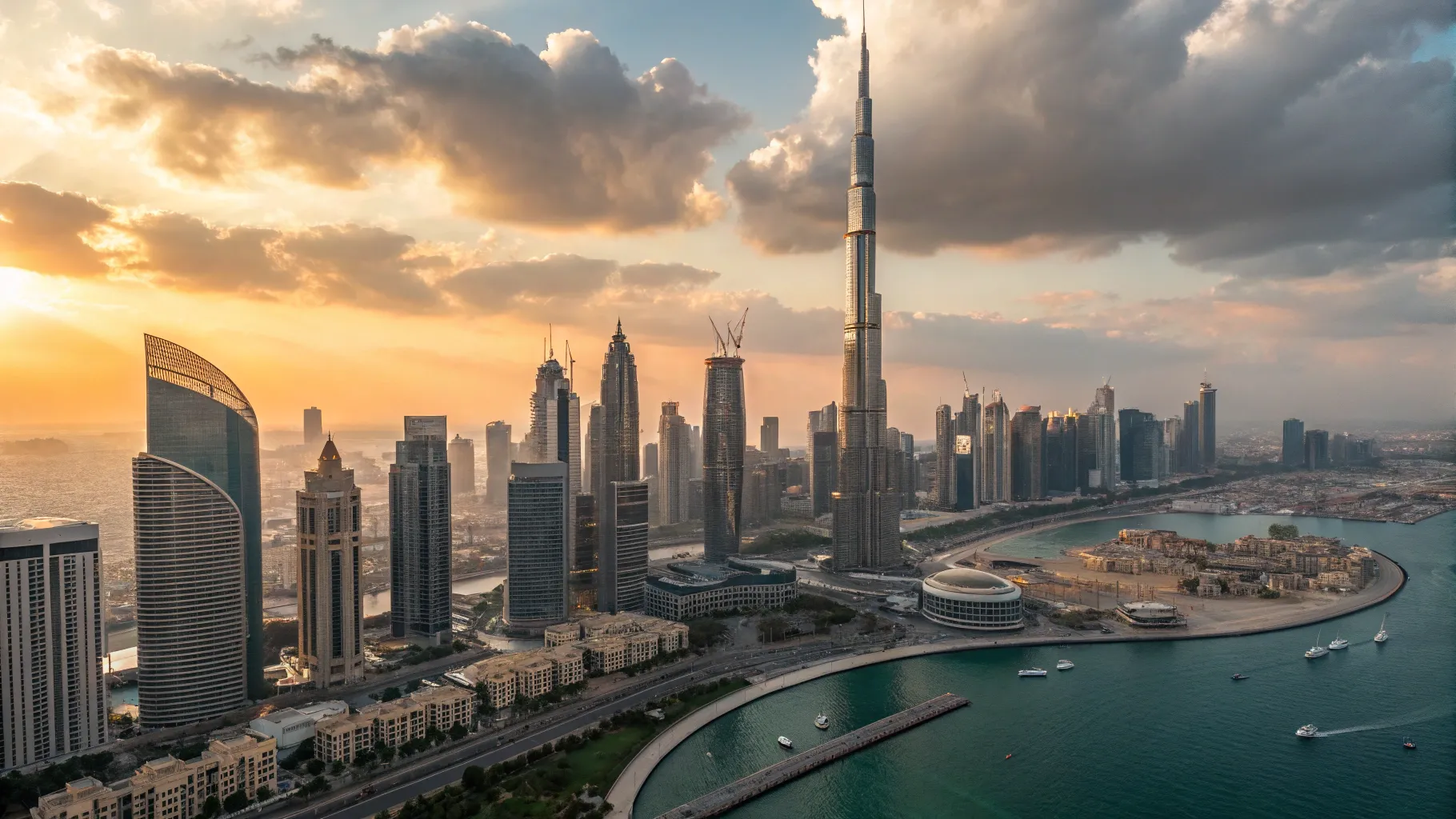
Jan 11, 2026
Costo della Vita a Dubai: Una Guida Completa per il 2026
By Kasia
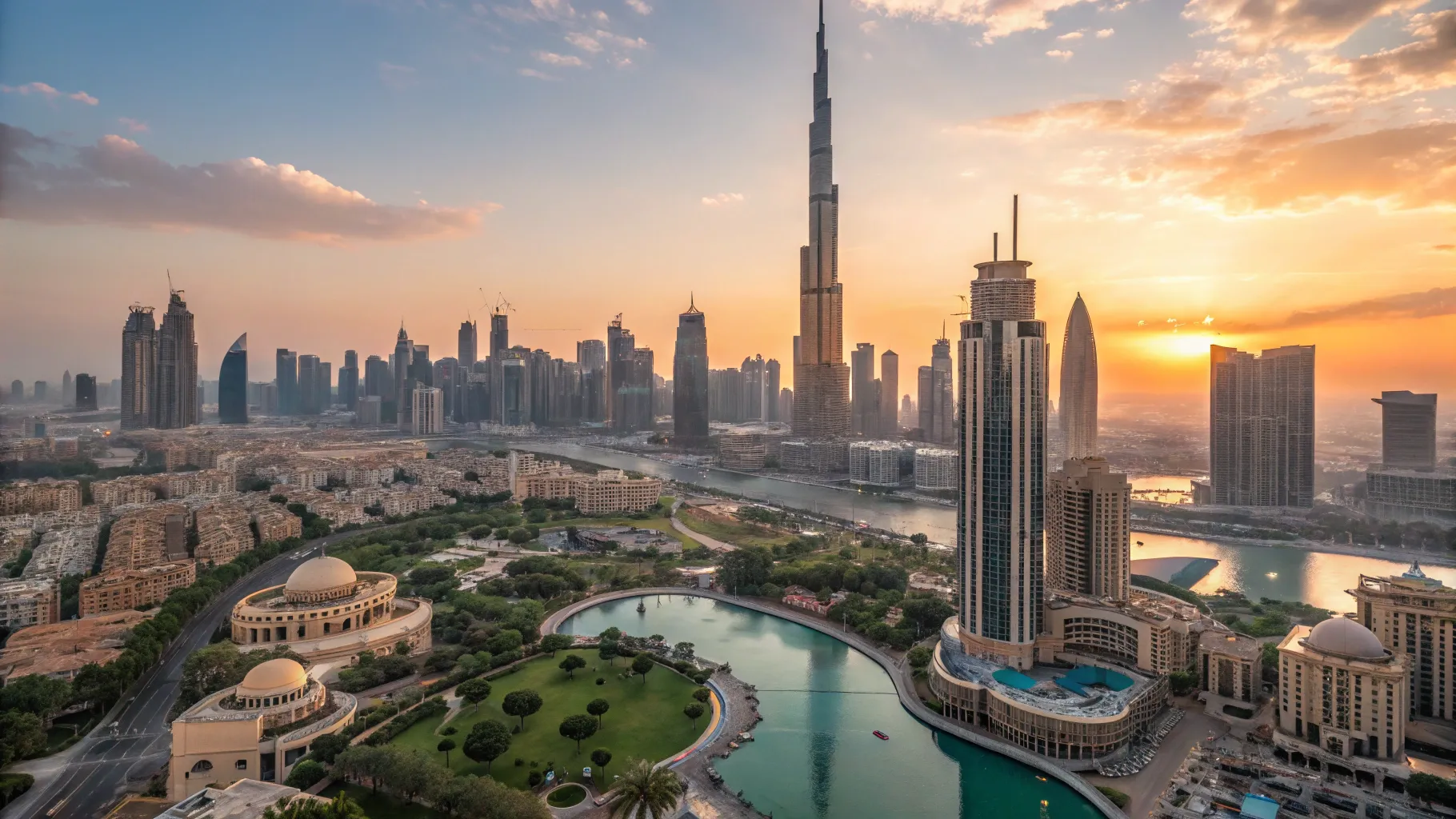
Jan 11, 2026
15 Migliori Zone in cui Vivere a Dubai per Imprenditori nel 2026
By Kasia
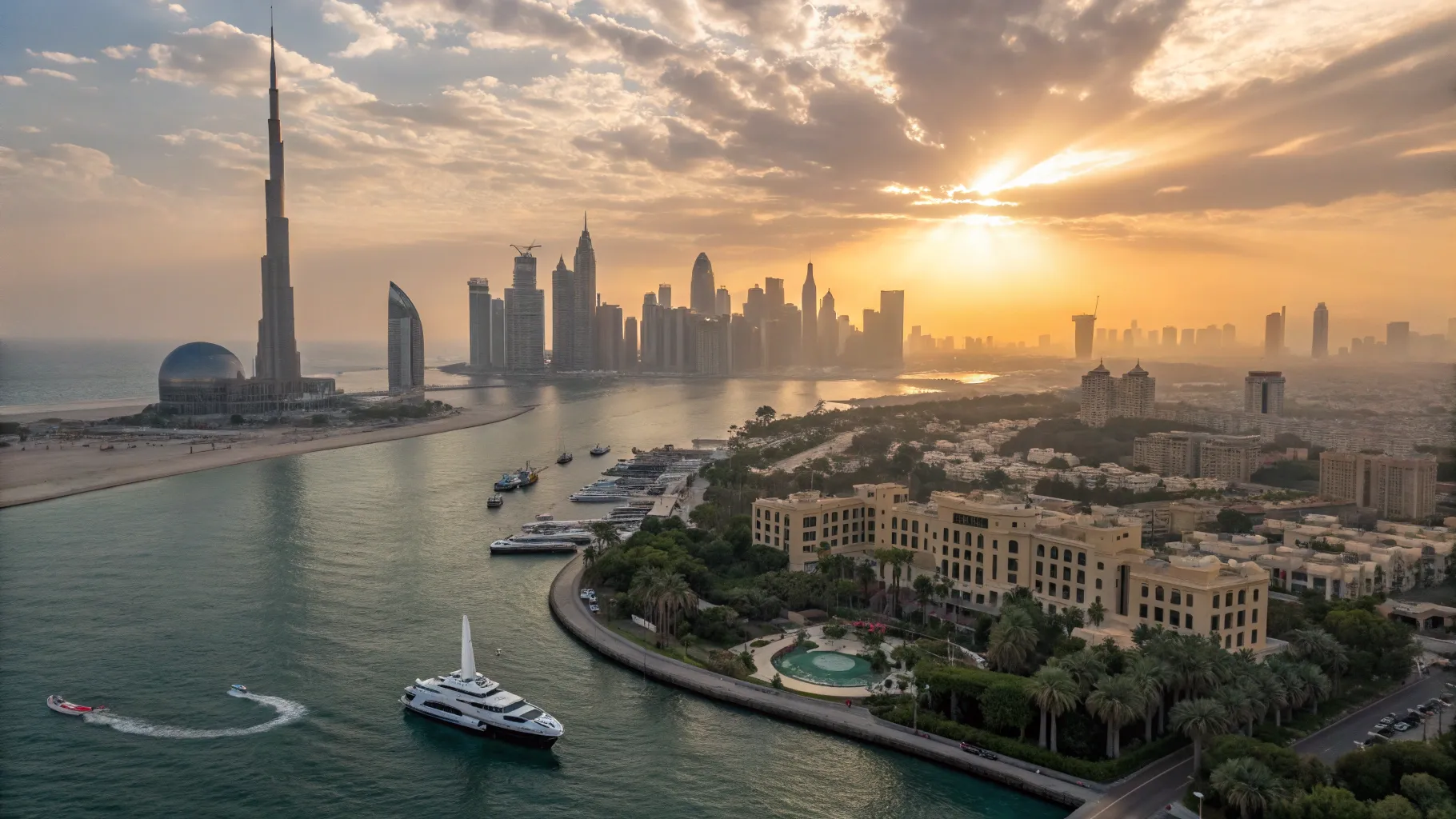
Jan 11, 2026
Come Trasferirsi a Dubai: La Guida Definitiva per il 2026
By Kasia
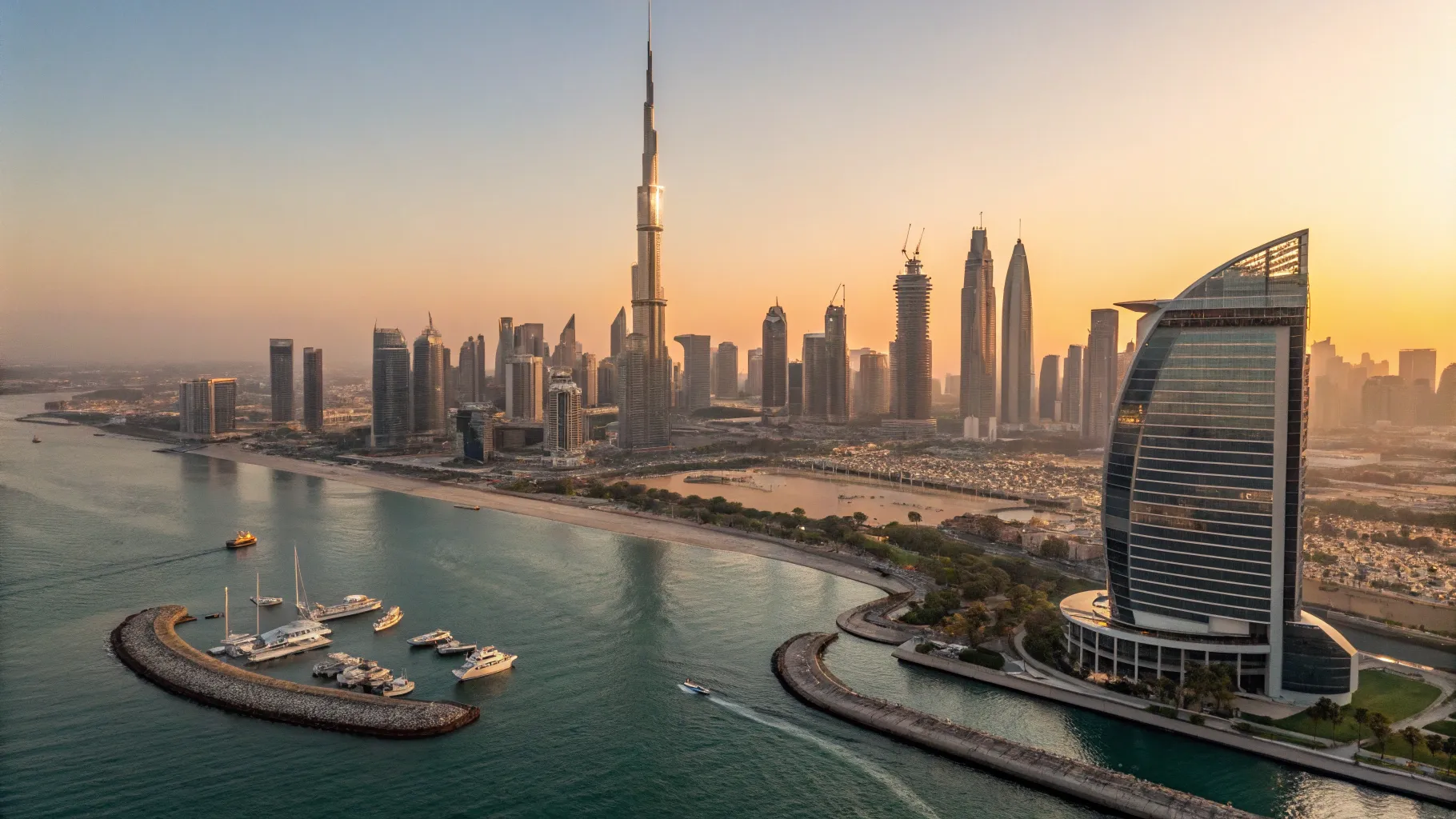
Jan 11, 2026
Costo Costituzione Società a Dubai 2026: La Guida Definitiva
By Kasia
![How to Get Tax Residency in Dubai: The Ultimate Guide [2025]](https://media.justmovedubai.com/How to Get Tax Residency in Dubai The Ultimate Guide [2025].webp)
Jan 11, 2026
Come Ottenere la Residenza Fiscale a Dubai: La Guida Definitiva [2026]
By Kasia

Jan 11, 2026
Le Migliori Banche Online a Dubai: Guida 2026
By Kasia

Jan 11, 2026
Come Incassare Cripto a Dubai: La Guida Completa 2026
By Kasia
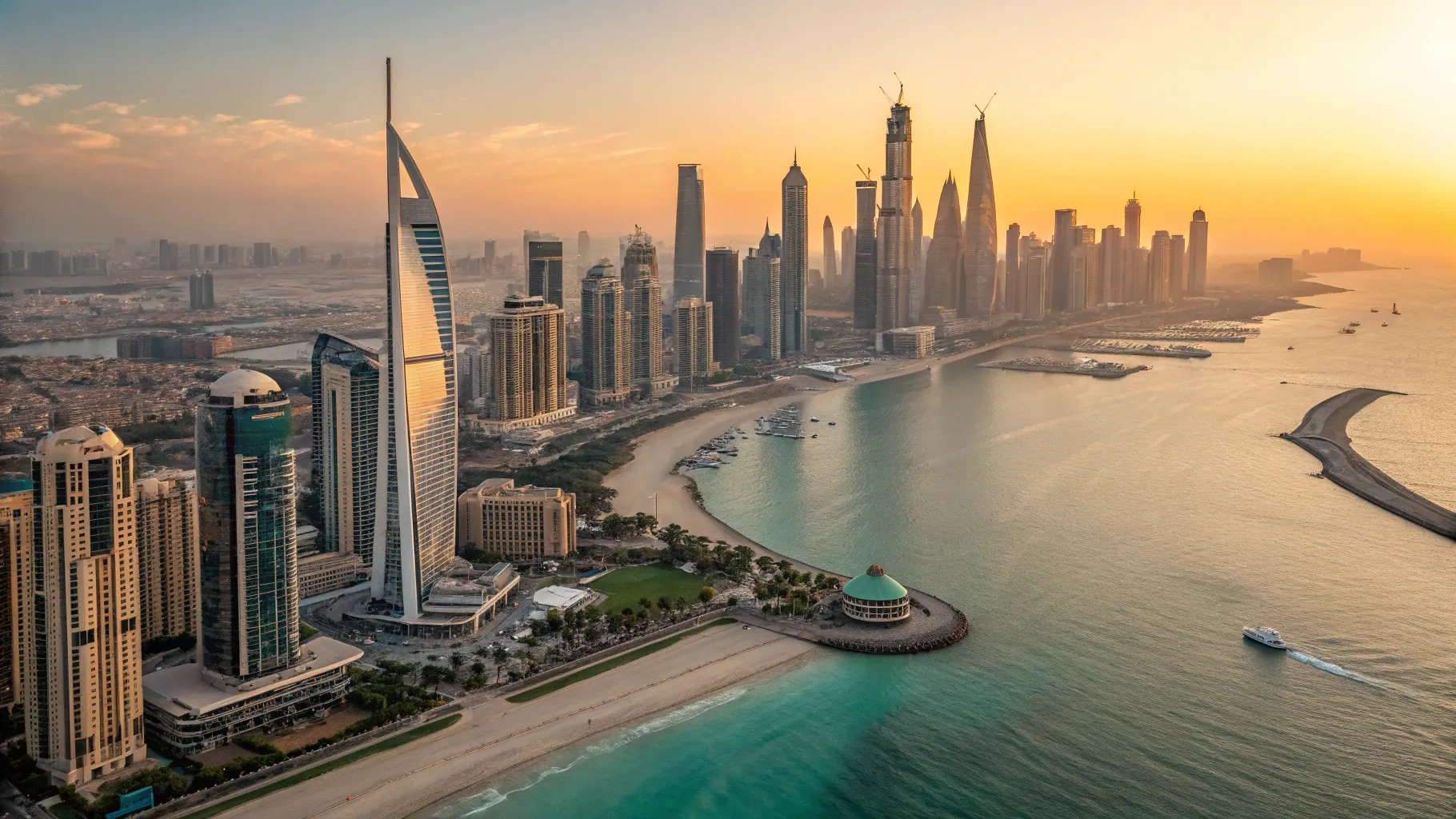
Jan 11, 2026
Dubai Free Zone vs. Mainland: Qual è la Scelta Giusta per la Tua Attività nel 2026?
By Kasia

Jan 11, 2026
Come Avviare un'Attività di Commercio Alimentare negli EAU: Una Guida Completa
By Kasia
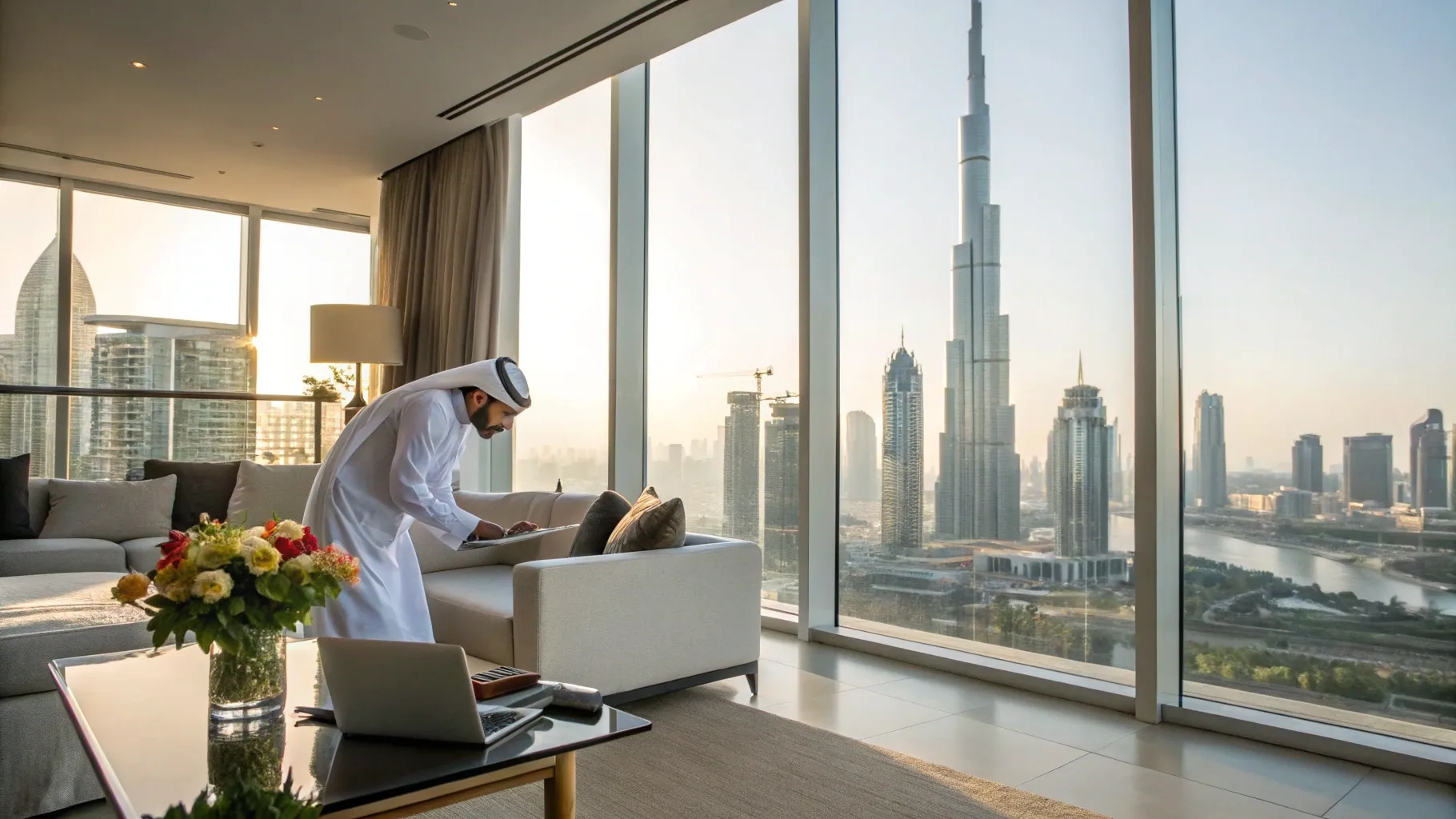
Jan 11, 2026
Come Avviare un'Attività Airbnb negli EAU: Guida Definitiva 2026
By Kasia
![How to Start a Software Company in the UAE: A Comprehensive Guide [2025]](https://media.justmovedubai.com/How to Start a Software Company in the UAE A Comprehensive Guide [2025].webp)
Jan 11, 2026
Come Avviare un'Azienda di Software negli EAU: La Guida Definitiva 2026
By Kasia

Jan 11, 2026
Come Avviare un'Attività di Compravendita Auto negli EAU: Guida 2026
By Kasia

Jan 11, 2026
Come Avviare un'Attività di Coaching Online negli Emirati Arabi Uniti: Una Guida Completa
By Kasia

Jan 11, 2026
Come Avviare un'Attività di Consulenza negli EAU: Una Guida Completa
By Kasia

Jan 11, 2026
Come Avviare un'Attività Online negli EAU: Una Guida Completa per il 2026
By Kasia
![How to Set Up a Mainland Company in Dubai: A Comprehensive Guide [2025]](https://media.justmovedubai.com/How to Set Up a Mainland Company in Dubai A Comprehensive Guide [2025].webp)
Jan 11, 2026
Come Costituire una Società Mainland a Dubai: La Guida 2026
By Kasia

Jan 11, 2026
Come Avviare un'Attività di Ristorazione a Dubai: Una Guida Completa per il 2026
By Kasia
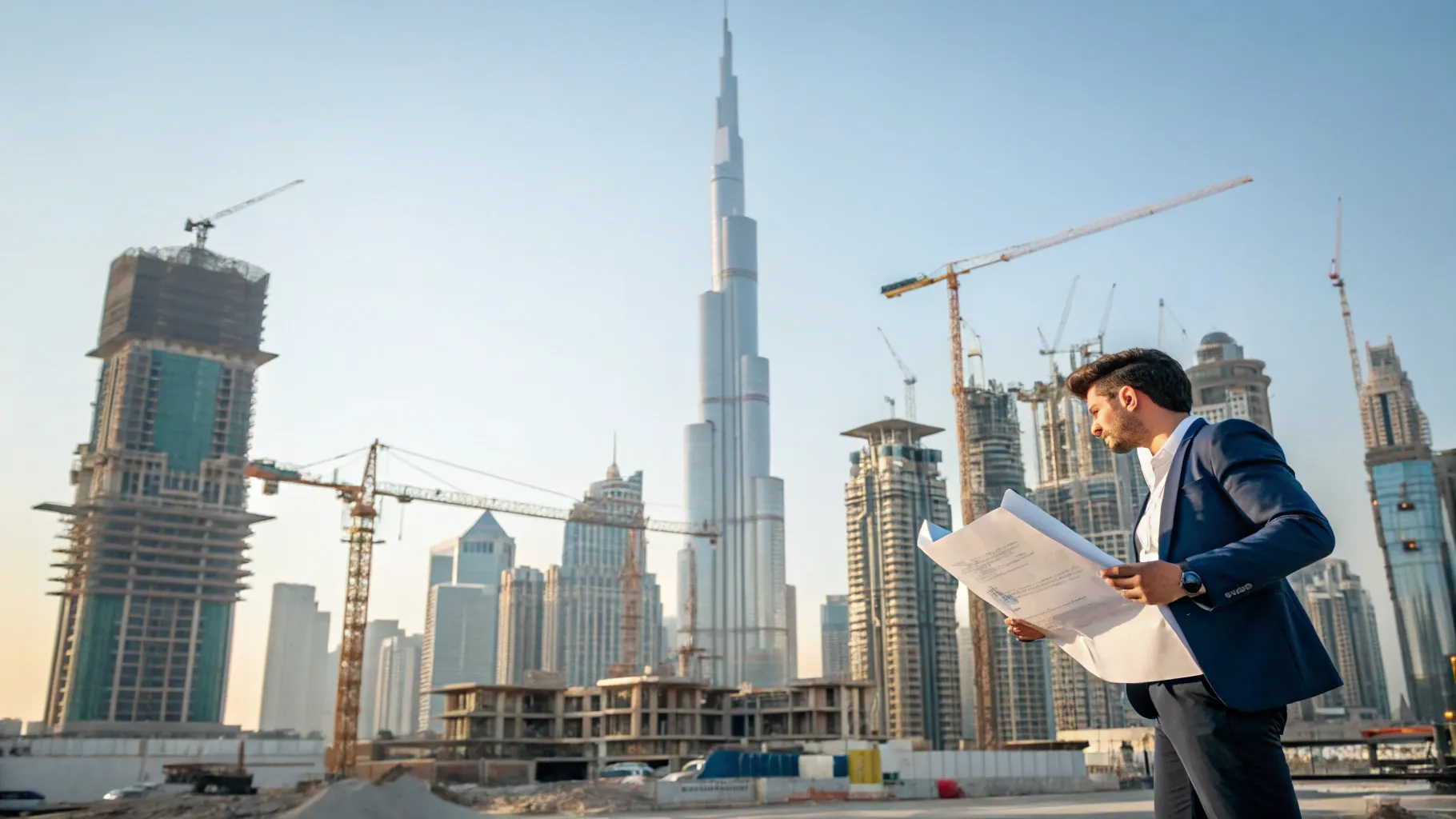
Jan 11, 2026
Come Avviare un'Attività di Costruzioni negli EAU: Guida 2026
By Kasia

Jan 11, 2026
Come Avviare un'Attività Crypto negli EAU: Guida 2026
By Kasia
.webp)
Jan 11, 2026
Guida alla Tassa sulle Società negli EAU 2026: Tutto Quello che Devi Sapere
By Kasia

Jan 11, 2026
Come Aprire un Conto Bancario Business Wio: Guida Definitiva 2026
By Kasia

Jan 11, 2026
Quanto Tempo Ci Vuole Veramente per Creare un'Azienda a Dubai? Una Guida per il 2026
By Kasia

Jan 11, 2026
Ditta Individuale vs SRL Dubai Mainland: Confronto 2026
By Kasia
.webp)
Jan 11, 2026
La Guida Definitiva alla Green Visa degli EAU: Edizione 2026
By Kasia

Jan 11, 2026
La Guida Definitiva al Visto Famigliare negli EAU: Regole di Residenza 2026
By Kasia
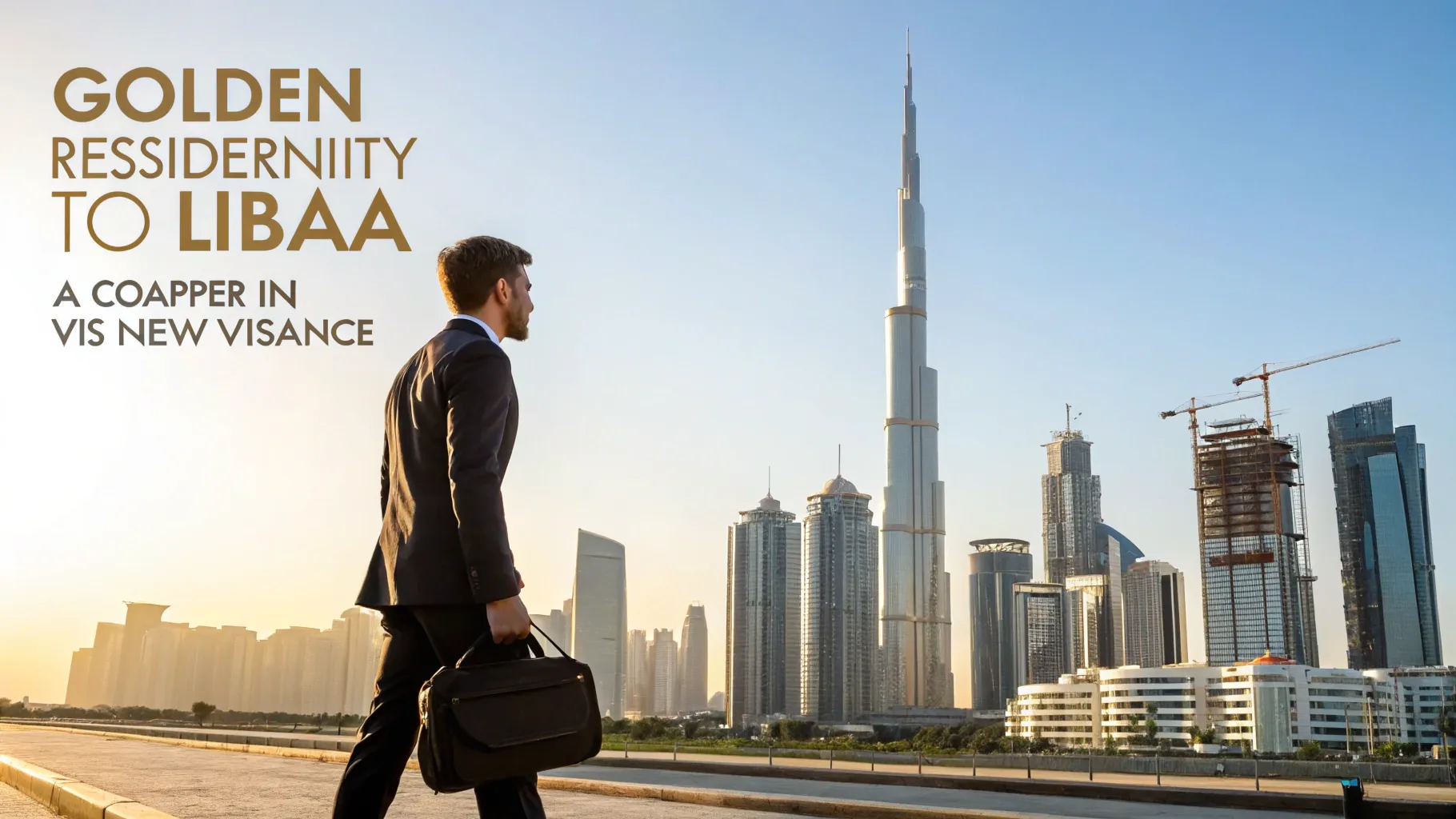
Jan 11, 2026
Guida al Golden Visa degli Emirati Arabi Uniti 2026: Il Percorso Completo per la Residenza
By Kasia
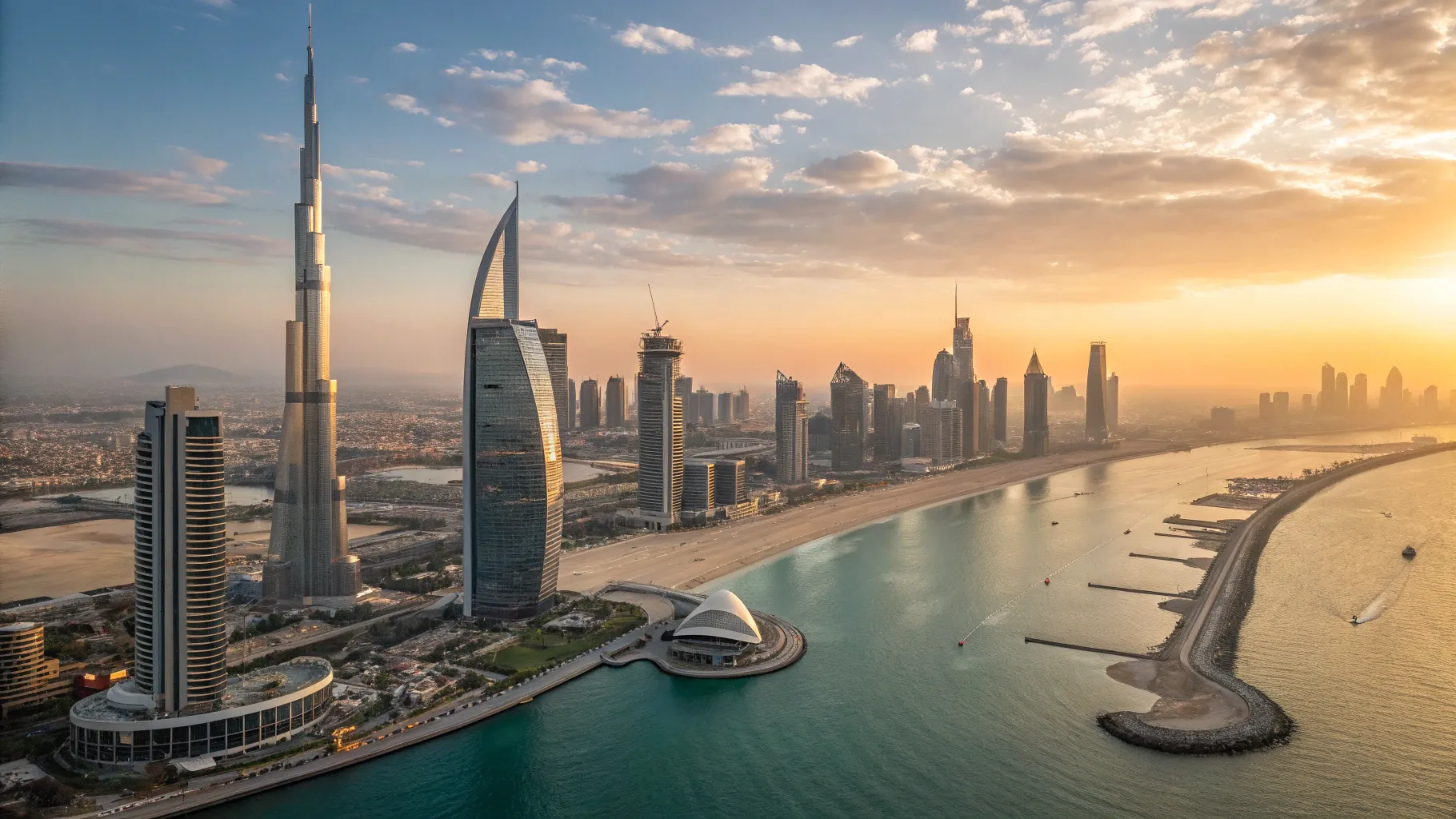
Jan 11, 2026
Le Migliori Zone Franche a Dubai: Una Guida Completa per il 2026
By Kasia
.webp)
Jan 11, 2026
La Guida Definitiva al Visto Freelance Dubai: Edizione 2026
By Kasia
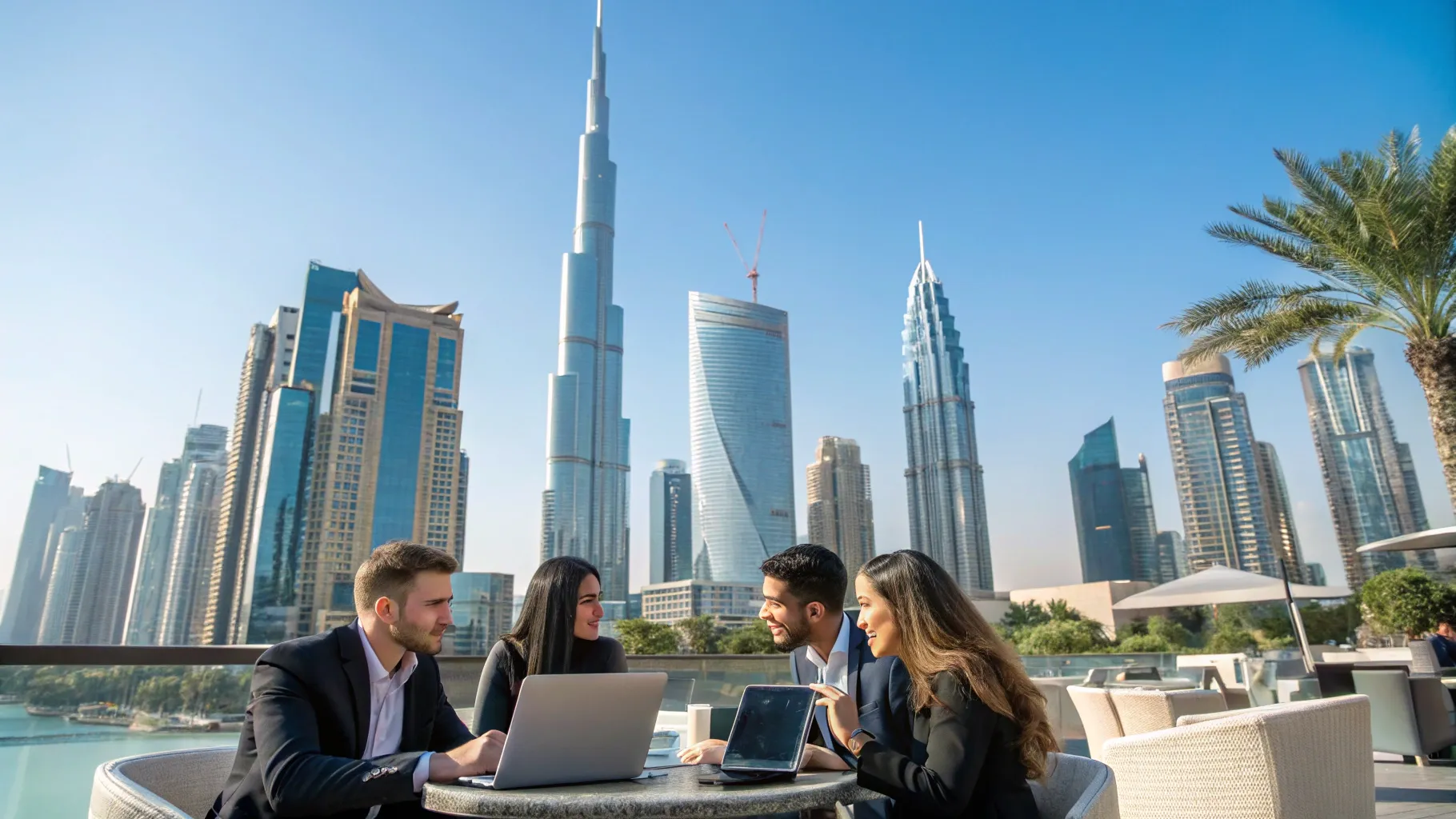
Jan 11, 2026
La Guida Definitiva per Avviare un Business E-commerce negli Emirati Arabi Uniti
By Kasia
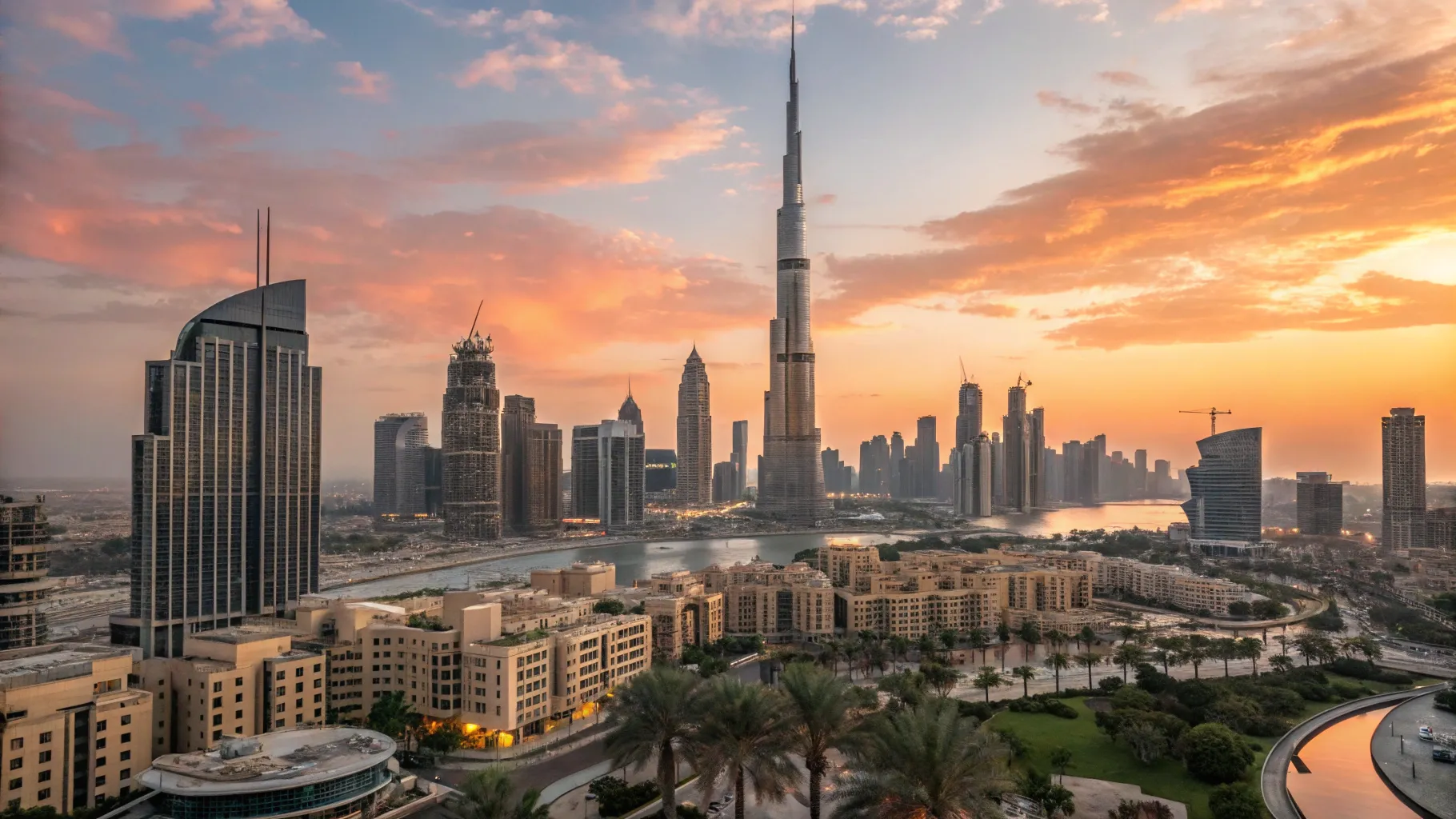
Jan 11, 2026
La Guida Definitiva alla Creazione di Imprese a Dubai nel 2026
By Kasia